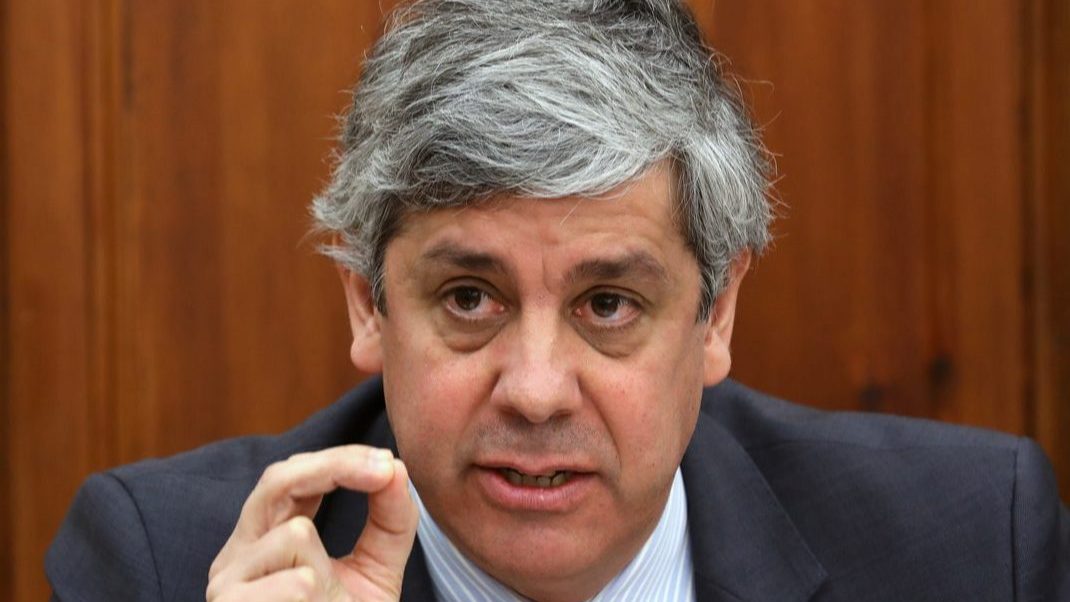Portugal Tourism results better than in 2018
The president of the Portuguese Tourism Confederation said that the results of tourism in 2019 exceeded those of 2018, but regretted the delays at Montijo airport.
Francisco Calheiros, president of the Portuguese Tourism Confederation, said on Thursday that the results of tourism in 2019 exceeded those of 2018, but regretted the delays at Montijo airport and the queues at the Foreigners and Borders Service.
At the end of an audience with the president of Portugal, who is speaking to social partners today, Francisco Calheiro said he had told Marcelo Rebelo de Sousa some of the results of tourism, specifying that they exceeded those of 2018.
“We can anticipate that it went well again. We had a better year than the previous year,” the president of the Portuguese Tourism Confederation (CTP) told reporters.
Francisco Calheiros said that the “extraordinarily important movement” of tourists from markets such as the US, Canada, China and South Korea allowed the sector to recover and “rise in the number of overnight stays”, despite the loss of tourists last year because of ‘Brexit’ and, this year, German tourists.
The president of the CTP also told the president about his concerns about the delay in the works at Montijo airport and “the issue of the Foreigners and Borders Service” [SEF] which, he said, “continues to be a very bad gateway for our tourists”.
“I explained that all this movement from tourists has been from the Schengen area to the non-Schengen area” and it is not acceptable that after an eight- or nine-hour flight, they wait two hours” in a queue, he added.
Regarding Montijo’s complementary airport, he said he will not tire of talking about this issue “until he sees the ‘caterpillars’ at Montijo,” stressing that the works will take 36 months “and they have not yet” started, which makes “the big problem [of the sector] is that of Montijo.
Francisco Calheiros also took advantage of the audience to highlight the role of tourism in reducing unemployment, balancing the trade balance and growing the economy.


